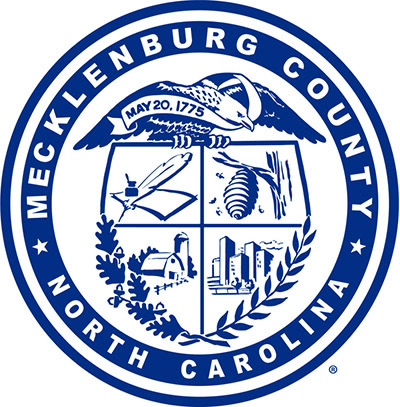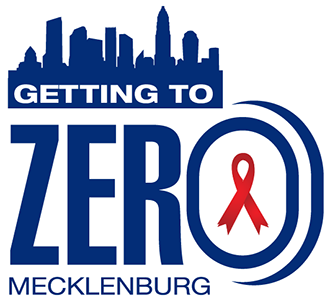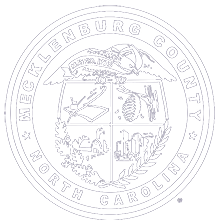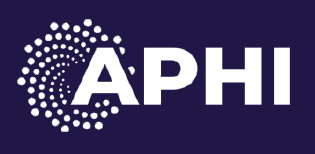History

The Getting to Zero Mecklenburg (G2Z) community group formed in 2018 and began strategic plans to address the local HIV epidemic. Today, G2Z consists of more than 100 active members including HIV service providers, social workers, mental health providers, substance use providers, housing services providers, faith communities, community-based organizations (CBOs), non-profits, students, academic institutions, researchers, and people living with or affected by HIV.
In December 2019, the Ending the HIV Epidemic: A Plan for America (EHE) federal initiative launched with the goal to reduce the number of new HIV infections in the United States by 90 percent by 2030. The EHE plan targeted 57 prioritized jurisdictions including Mecklenburg County.
Origins
G2Z members recommended applying for federal Ending the HIV Epidemic funding to create the CHAMPS dashboard. In 2020, Mecklenburg County Public Health was awarded federal funding to begin the development of the CHAMPS dashboard.
The development of the CHAMPS dashboard was supported by EHE funding from the U.S. Department of Health and Human Services (HRSA) and the Centers for Disease Control and Prevention (CDC).
The CHAMPS dashboard launched during World AIDS Day on December 1, 2024.
Messages from Community Members
"I have provided care for the HIV/AIDS population since 1985. I have seen us go from hand-holding and funerals to weddings and baby showers, because our patients are not just surviving, but thriving. Ending the HIV Epidemic would be the completion of the miracle of care we have observed."
- Joel Wesley Thompson, MHS, PA-C, AAHIVS, DFAAPA
HIV Consultant, Physician Assistant, and Co-Chair, Getting to Zero - Mecklenburg County

"Ending the HIV epidemic would mean that members of our community and their respective families would no longer have to sit privy to receive that life-changing HIV diagnosis."
- Jason L Hardin, MSN, AGNP-C, AAHIVS

"Ending the HIV Epidemic means that we must first recognize that we have a problem in our community around this issue. Then we must commit to working collectively and collaboratively to identify solutions to address barriers to services in a way that those in need of the services feel empowered to seek and utilize those services."
- Matt Jenkins, MPA
Director of the HIV/STD Division, Mecklenburg County Public Health

"The CDC defines health equity as the state in which everyone has a fair and just opportunity to attain their highest level of health. For Black Americans, ending the epidemic of HIV means health equity void of the barriers of systemic and structural racism create. At Quality, we aim to meet this need by providing competent and compassionate care to underserved communities disproportionately impacted by HIV/AIDS."
- L'Monique King
Co-Chair, Getting to Zero - Mecklenburg County

"I have been a faith-based advocate for HIV prevention and care since the early nineties. My Doctor of Ministry degree focus is 'Spirituality and Sexuality in the African American Church.' I have been challenging African American pastors and leaders to break the silence and address HIV and other STDs in their churches and communities. Ending the HIV Epidemic would mean African American people of faith would worship with others without fear of being discovered they are [people with HIV]."
- Reverend Doctor Teresa S McIlwain

"We have the tools to end the HIV epidemic, but we need to be more effective in using them. Lessening barriers to HIV diagnosis and care, addressing stigmatization and supportive communications are effective ways for us to help our friends, colleagues, and family to gain access to effective HIV prevention and treatment. Let's work together to end the HIV Epidemic."
- Dr. Patrick A Robinson
Research Professor, Academy for Population Health Innovation (APHI), Department of Public Health Sciences, CHHS, UNC Charlotte

Community Engagement




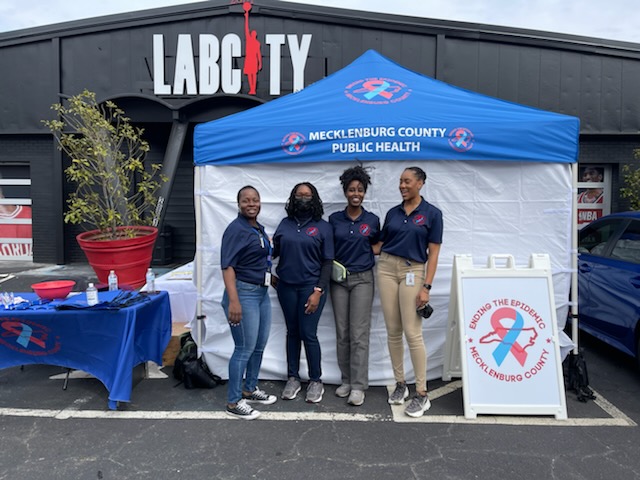
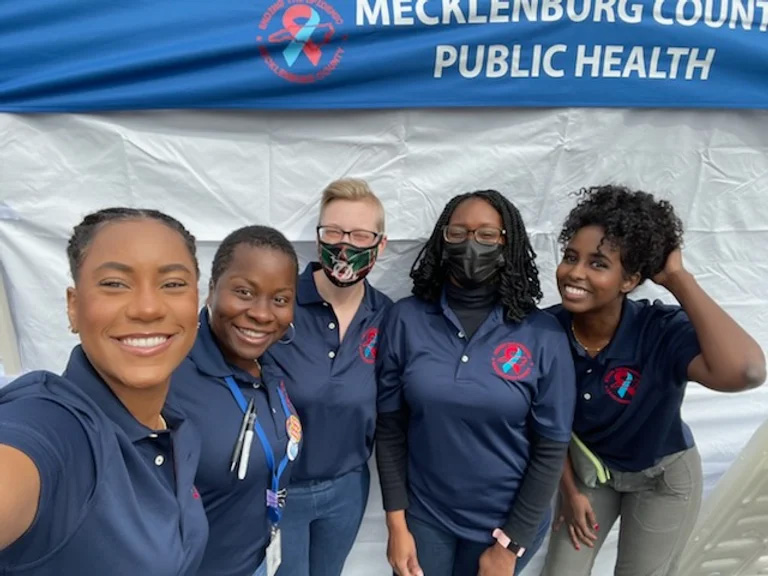
Testing Events
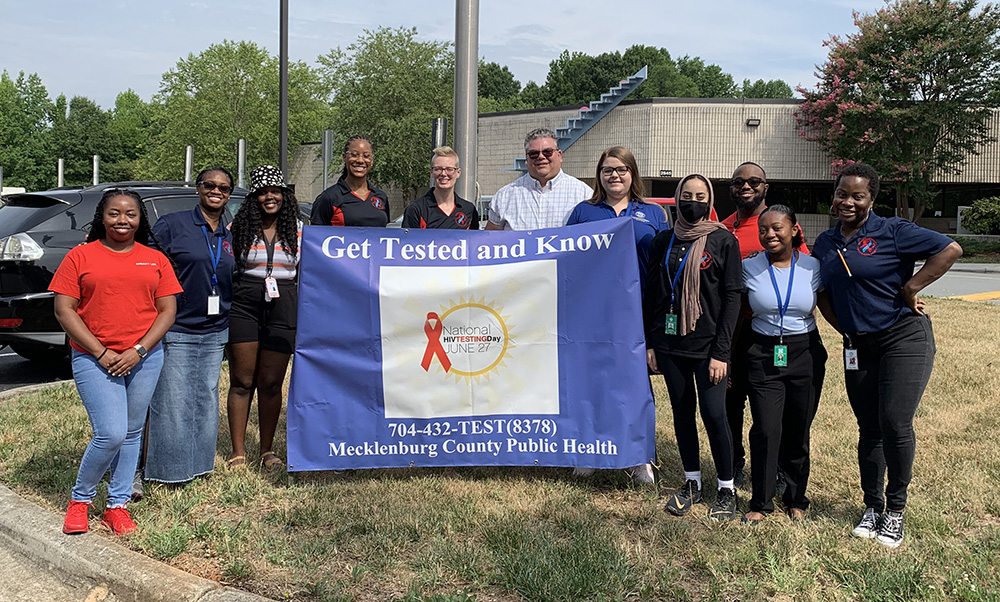


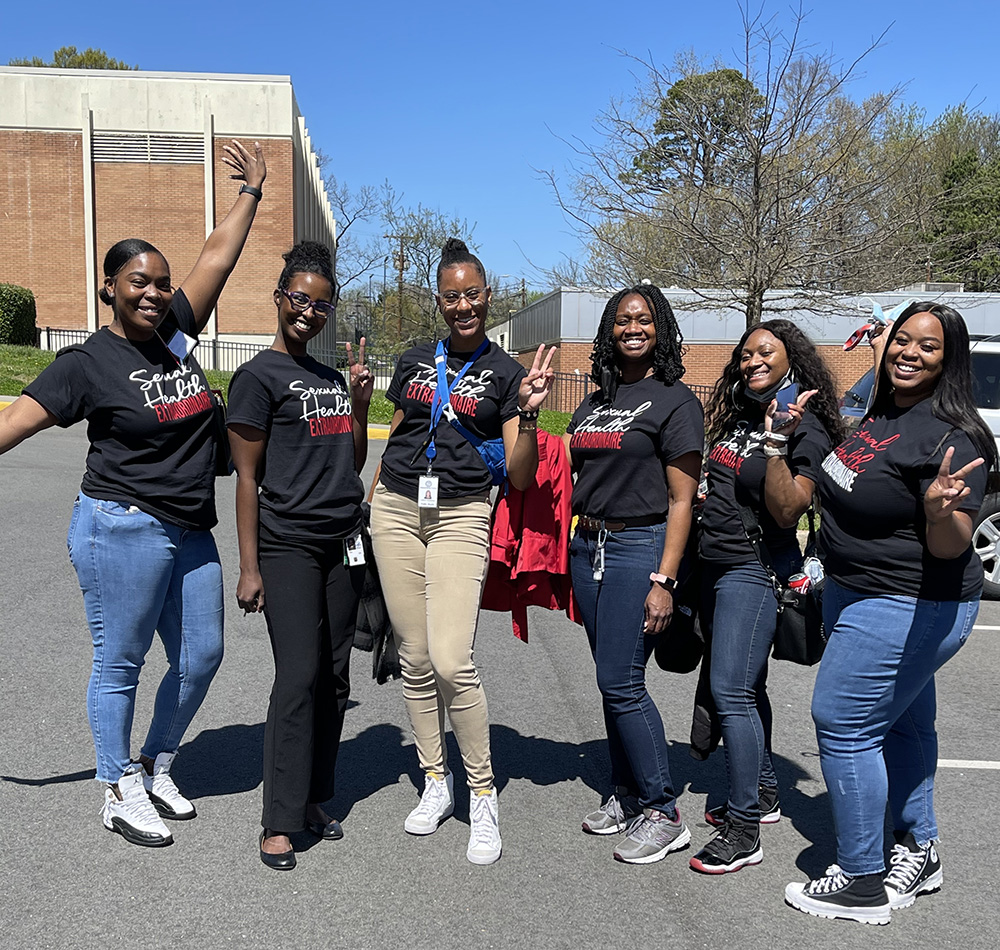
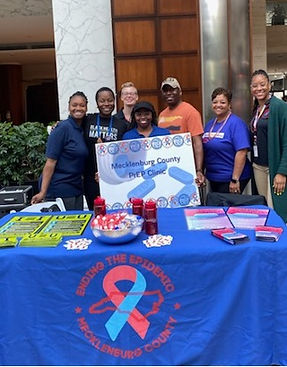

PrEP Clinic Openings
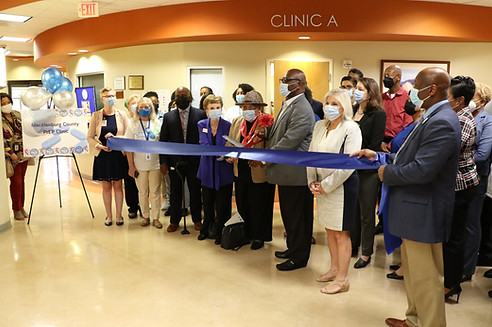

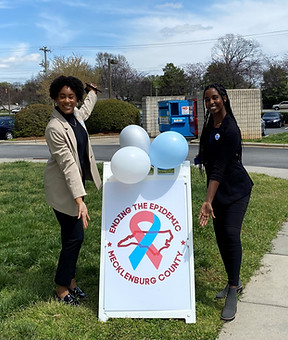
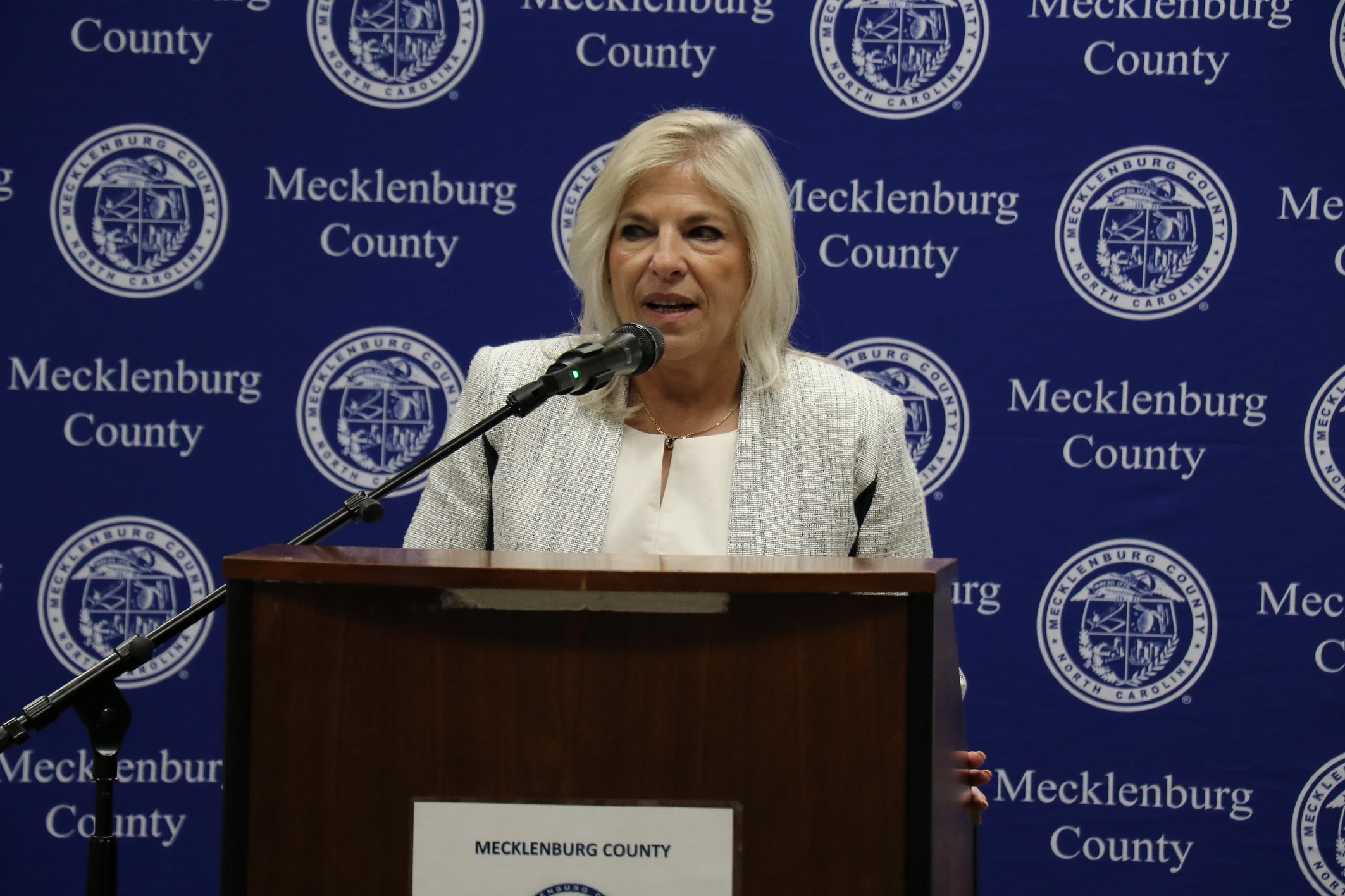
Monitoring the EHE Plan Pillars
Mecklenburg County Public Health uses four strategies for monitoring data on HIV in the community. These strategies, also called pillars, implemented together, can end the HIV epidemic. They are: Diagnose, Treat, Prevent, and Respond.
The buttons below link to the data for each pillar.
Diagnose all people living with HIV (PLWH) as early as possible
Treat PLWH rapidly and effectively to reach sustained viral suppression
Prevent new HIV transmissions by using proven interventions
Respond quickly to potential HIV outbreaks to get prevention & treatment services to people who need them
To read more about the Getting to Zero EHE Plan click here.
Purpose
The purpose of the Mecklenburg County Community HIV/AIDS Monitoring and Prevention System (CHAMPS) dashboard is to make data accessible and to monitor progress toward the four goals in the Getting to Zero EHE Plan to diagnose, treat, prevent, and respond to HIV locally. In addition, the CHAMPS dashboard monitors trends in new HIV diagnoses and the number of people living with HIV in our community.
Partners
In close consultation with Mecklenburg County's G2Z group, the Academy for Population Health Innovation's (APHI) CHAMPS dashboard development team is a unique partnership between Mecklenburg County Public Health (MCPH) and the University of North Carolina at Charlotte (UNC Charlotte).
CHAMPS Dashboard Development Team
Mecklenburg County Public Health
Alexia Williams, MPH
Aubrell Watts, MPH
Brian Witt, PhD, MPH
Johnathan Wilson
Jonathan Ong, MBA
Matthew Jenkins, MPA
Pamela Davis, MPH
UNC Charlotte
Colby T. Ford, PhD
Meagan Zarwell, PhD
Patrick Robinson, MD, MPH
Robert Campbell, MFA
Sanchi Sharma, MS
Sriparna Mukherjee, PhD
Susan Scherer, PhD
Sebastian Marin
Mecklenburg County Public Health Director
Raynard Washington, PhD
Advisory Board
Donna Smith, MSPH
Michael Dulin, MD, PhD
Michael E. Thompson, DrPH, MS
Susan Long-Marin, DVM, MPH
Chaquetta Johnson, DNP, MPH, MSN
Acknowledgements for Contributions
Akeen Lowell Hamilton, PhD; Albert Park, PhD; Alexandra Patton, MPH; Lindsay Miller, MA; Franck Diaz Garelli, PhD; Gabriel Zenarosa, PhD; Indica Harris, MPH; Isaiah Omerhi, MPH; Kayla Earley, MPH; Kiran McCloskey, PhD; Kristi McCray, RN, BSN; Rajeev Mavath, MD, MPH; Renate Nnoko, MBA, MPH; Renu Karule, ME; Sagar Satyanarayana, PhD; Shravan Maguluri, MS; Valerie Henderson, MPH, CHES; Luis Cruz; Sweta Harihar, MS; Angela Lee, MPH
Funding Contributions
Mecklenburg County Public Health
CDC*
HRSA*
*The CHAMPS contents are those of the authors and do not necessarily represent the official views of, nor an endorsement by, the above organizations.
Resources and In-Kind Contributions
Mecklenburg County Public Health
University of North Carolina at Charlotte and the Academy for Population Health Innovation
Data and Information Sources
Community-based organizations and community care providers and agencies
Symphony (Icon plc)
Mecklenburg County Public Health PrEP Initiative Program
State of North Carolina, NC Department of Health, (NC EDSS)
United States Census Bureau
Get Connected
Learn more about HIV/STD Testing Options;
or call 704-432-8378.
Free HIV/STD Testing Locations in Mecklenburg County.
Request HIV testing for an event.
Complete a confidential self-referral form
Health Statistic Data Request Form.
To join the Getting to Zero community group, email g2zmeck@mecknc.gov.
Find a Ryan White Provider.
Learn more about PrEP in Mecklenburg County.
Find a PrEP Provider.
Looking for another resource? Click here.
What is CHAMPS?
CHAMPS is the Community HIV/AIDS Monitoring and Prevention System dashboard for Mecklenburg County, North Carolina. There are two main purposes for the CHAMPS dashboard. First is to make data accessible to the public. Second is to monitor progress toward the four goals in the Getting to Zero Ending the Epidemic plan. Those four goals are to diagnose, treat, prevent, and respond to HIV locally. In addition, the CHAMPS dashboard monitors trends in new HIV diagnoses and the number of people living with HIV in our community.
